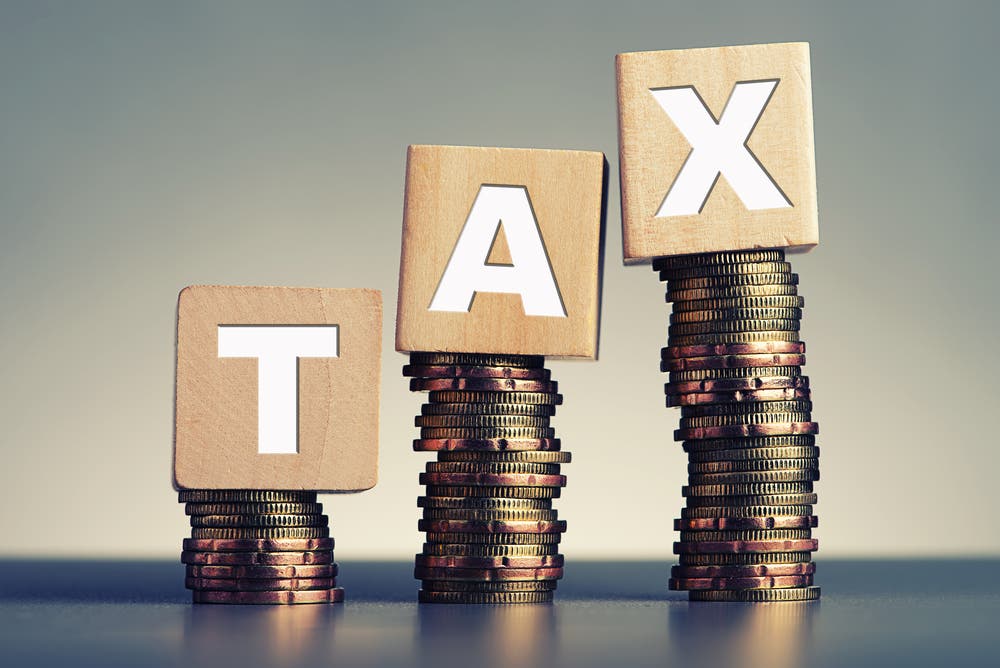Experienced Investor
Four ways to save as Capital Gains Tax intake doubles to £18.1bn in five years

Guest Author:
Shekina TuaheneThe amount of Capital Gains Tax (CGT) collected by HRMC in 2022/2023 came to £18.1bn, almost double the £9.2bn paid in 2018/2019, analysis has revealed.
A study of HRMC’s tax intake by insurance firm NFU Mutual found that the figure was also £7bn more than in 2020/2021 and up on the previous financial year when £15.3bn was collected.
CGT is paid when investors realise gains on shares or properties that aren’t their main residence.
Sean McCann, chartered financial planner at NFU Mutual, said there were several factors behind the increases including buy-to-let landlords offloading property due to mortgage rates increasing and volatility in the stock market which could have have encouraged some investors to sell shares, realising gains that would have been taxed.
NFU Mutual said the CGT paid to HMRC could continue to rise now that the tax-free exemption has been more than halved from £12,300 a year to £6,000 and is set to drop further to £3,000 from April 2024.
Set to keep rising
The Office for Budget Responsibility (OBR) has forecast that CGT intake will amount to £17.8bn in 2023/2024, then rise to £19.5bn the following financial year. It is expected to continue steadily rising and reach £26.1bn by 2027/2028.

Wellness and wellbeing holidays: Travel insurance is essential for your peace of mind
Out of the pandemic lockdowns, there’s a greater emphasis on wellbeing and wellness, with
Sponsored by Post Office
McCann said: “The Chancellor has already slashed the annual exemption, which means the tax take will continue to climb. Increasing the rates to align them to income tax has recently been mooted, but this Government is unlikely to do that before the next election.”
Unexpected liability
McCann said people were also being caught out because they were unaware that CGT also needs to be paid on gifts.
He added: “There are a number of CGT traps that people unwittingly fall into. Most notably, few people realise giving away property, shares, or other investments can trigger a tax bill. For example, if a parent gives property or a portfolio of shares to their children, that’s deemed to be a disposal and could be liable for CGT. It’s also possible the gift could be hit with a subsequent inheritance tax bill if the person making the gift dies within seven years.”
How to reduce your bill
McCann noted that there are some simple ways to help reduce your CGT bill.
He said: “Everyone can enjoy £6,000 of gains in the current tax year before they have to pay Capital Gains Tax.
“Simple steps such as sharing ownership of assets between spouses or civil partners before they are sold or gifted, allows you to take advantage of two tax free allowances. Staggering sales across two or more tax years can help reduce capital gains tax bills.
“You can protect stock market gains by investing in an ISA or pension as any growth would be free of capital gains tax. Those giving away business assets or making gifts to trusts may also be able to defer capital gains tax. The key is to take advice before selling or gifting investments or other assets.”